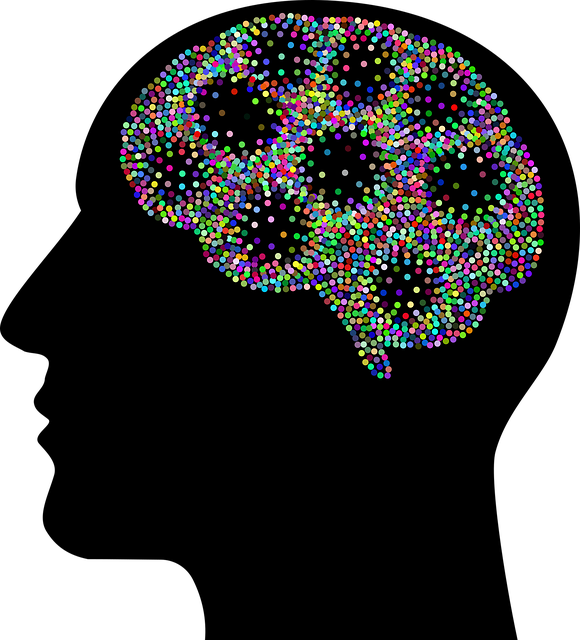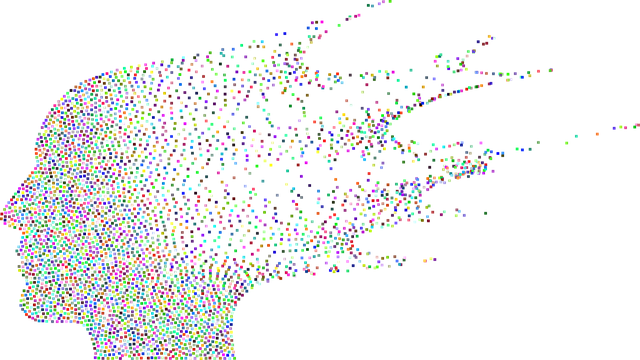Emotional Intelligence (EI) development is crucial for young adults, with therapy for anger management playing a pivotal role. By addressing underlying causes of anger and teaching effective coping strategies, therapy enhances EI through techniques like CBT, mindfulness, and compassion cultivation. Regular self-care practices and professional mental health assessments further support personal growth, relationship improvement, and overall well-being in young adults, empowering them to navigate challenges productively.
Emotional intelligence (EI) is a powerful tool for young adults navigating an increasingly complex world. Understanding EI and its profound impact on personal growth, relationships, and overall well-being is essential. This article explores various facets of EI development, focusing on unmasking anger—its causes and effects—and providing practical strategies for building emotional intelligence. Additionally, we delve into the role of therapy as a game-changer in enhancing anger management skills specifically tailored to young adults.
- Understanding Emotional Intelligence and Its Impact on Young Adults
- Unmasking Anger: Causes and Effects in the Context of EI Development
- Strategies for Building Emotional Intelligence: A Guide for Young Adults
- The Role of Therapy in Enhancing Anger Management Skills for Young Adults
Understanding Emotional Intelligence and Its Impact on Young Adults

Emotional Intelligence (EI) refers to a person’s ability to recognize, understand, and manage their own emotions, as well as empathize with others’ feelings. For young adults, developing EI is a crucial step towards fostering mental wellness and building strong interpersonal relationships. Through therapy for young adults, they can learn effective emotional healing processes, including anger management techniques, which are essential tools in navigating the challenges of adolescence and early adulthood.
By enhancing their EI, young adults gain valuable insights into their emotions and those of others, leading to improved communication and conflict resolution skills. This capability is particularly important during risk assessment for mental health professionals, as it enables them to provide more tailored support and prevent potential mental health crises. Moreover, emotional intelligence plays a significant role in promoting resilience, reducing stress, and enhancing overall well-being.
Unmasking Anger: Causes and Effects in the Context of EI Development

Unmasking anger is a crucial aspect of emotional intelligence development for young adults. Anger, often repressed or misdirected, can have profound effects on interpersonal relationships and overall well-being. It stems from various causes, such as past traumas, unmet needs, or feelings of powerlessness, and manifests in different ways—from raised voices to physical aggression. Understanding these triggers is essential for effective anger management, which forms a vital component of therapy for young adults.
In the context of emotional intelligence building, learning to recognize and manage anger constructively is integral to fostering healthy relationships and improving mental health. This involves developing self-care routines that promote anxiety relief and stress management, as well as advocating for mental health policy analyses that address societal barriers to accessing quality care. By integrating these strategies into their lives, young adults can navigate anger in productive ways, enhancing both personal growth and overall mental health.
Strategies for Building Emotional Intelligence: A Guide for Young Adults

Building emotional intelligence (EI) is a crucial skill for young adults to navigate the complexities of life and foster healthy relationships. It involves recognizing, understanding, and managing one’s own emotions while also empathizing with others. This guide offers strategies to enhance EI, especially relevant for those who might benefit from therapy for young adults or anger management techniques.
Start by engaging in regular self-care practices, such as meditation and journaling, to improve emotional regulation. These activities allow individuals to reflect on their feelings, identify triggers, and develop healthy coping mechanisms. Additionally, seeking a risk assessment for mental health professionals can provide valuable insights into personal emotional patterns. Through therapy, young adults can learn to transform negative responses like anger into constructive outlets, thereby enhancing their overall well-being and relationships.
The Role of Therapy in Enhancing Anger Management Skills for Young Adults

For young adults struggling with anger management, therapy plays a pivotal role in cultivating emotional intelligence and fostering healthier coping mechanisms. Through structured sessions with qualified professionals, individuals can learn to recognize and understand their anger triggers, providing them with valuable insights into their emotional responses. Therapy offers a safe space to explore the underlying causes of anger, whether stemming from past experiences or unmet needs. By developing a deeper self-awareness, young adults can begin to manage their emotions more effectively.
The process involves various therapeutic approaches tailored to individual needs. Cognitive-behavioral therapy (CBT) is often employed to challenge negative thought patterns associated with anger and replace them with healthier alternatives. Additionally, mindfulness practices and compassion cultivation techniques, as taught in stress management workshops within organizations focusing on cultural sensitivity in mental healthcare practice, can empower individuals to respond mindfully to anger triggers, promoting emotional regulation.
Emotional intelligence is a powerful tool for young adults navigating life’s challenges. By understanding and managing their emotions, they can foster healthier relationships and make more informed decisions. The strategies outlined in this article, combined with the potential benefits of therapy for young adults anger management, offer a comprehensive path toward emotional maturity and well-being. Investing in these skills can lead to improved mental health, enhanced interpersonal connections, and greater resilience in both personal and professional settings.








